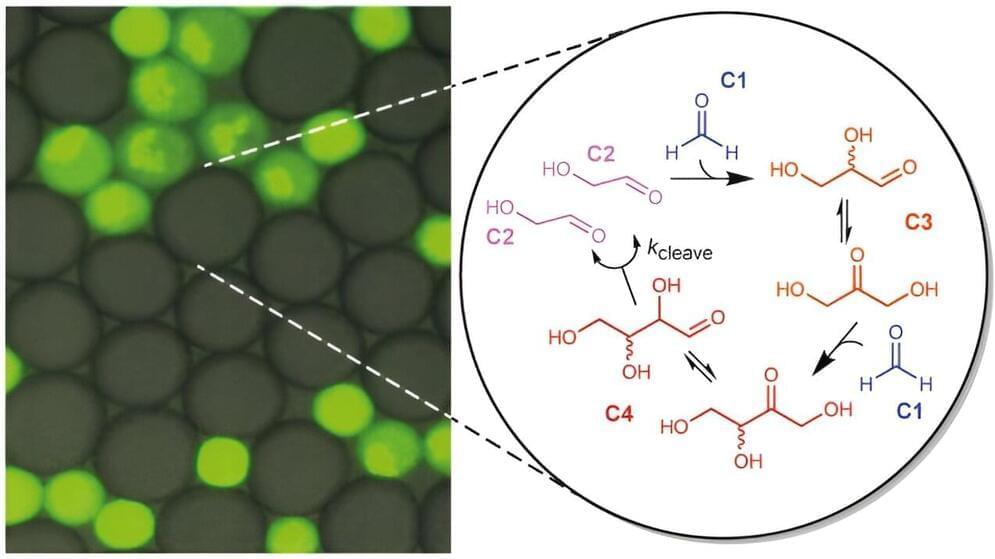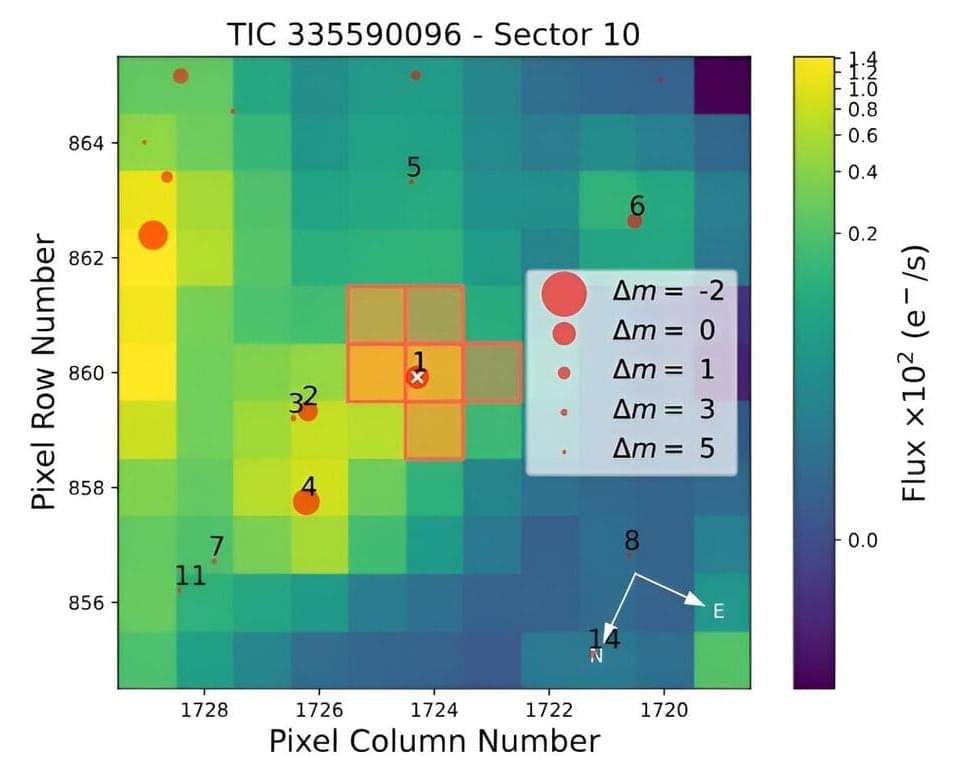The discipline of systems chemistry deals with the analysis and synthesis of various autocatalytic systems and is therefore closely related to the study of the origin of life, since it investigates systems that can be considered as a transition between chemical and biological evolution: more complex than simple molecules, but simpler than living cells.
Tibor Gánti described the theory of self-replicating microspheres as early as 1978. These still lacked genetic material, but concealed within their membranes an autocatalytic metabolic network of small molecules, isolated (compartmentalized) within their membranes.
As the autocatalytic process takes place, the membrane-building material is also produced, leading to the division of the sphere. This system may appear to be a living cell, and although it lacks genetic material, this can only be verified experimentally. These microspheres can be considered as “infrabiological” chemical systems, since they do not reach the level of biological organization, but they exceed the complexity of normal chemical reactions.









